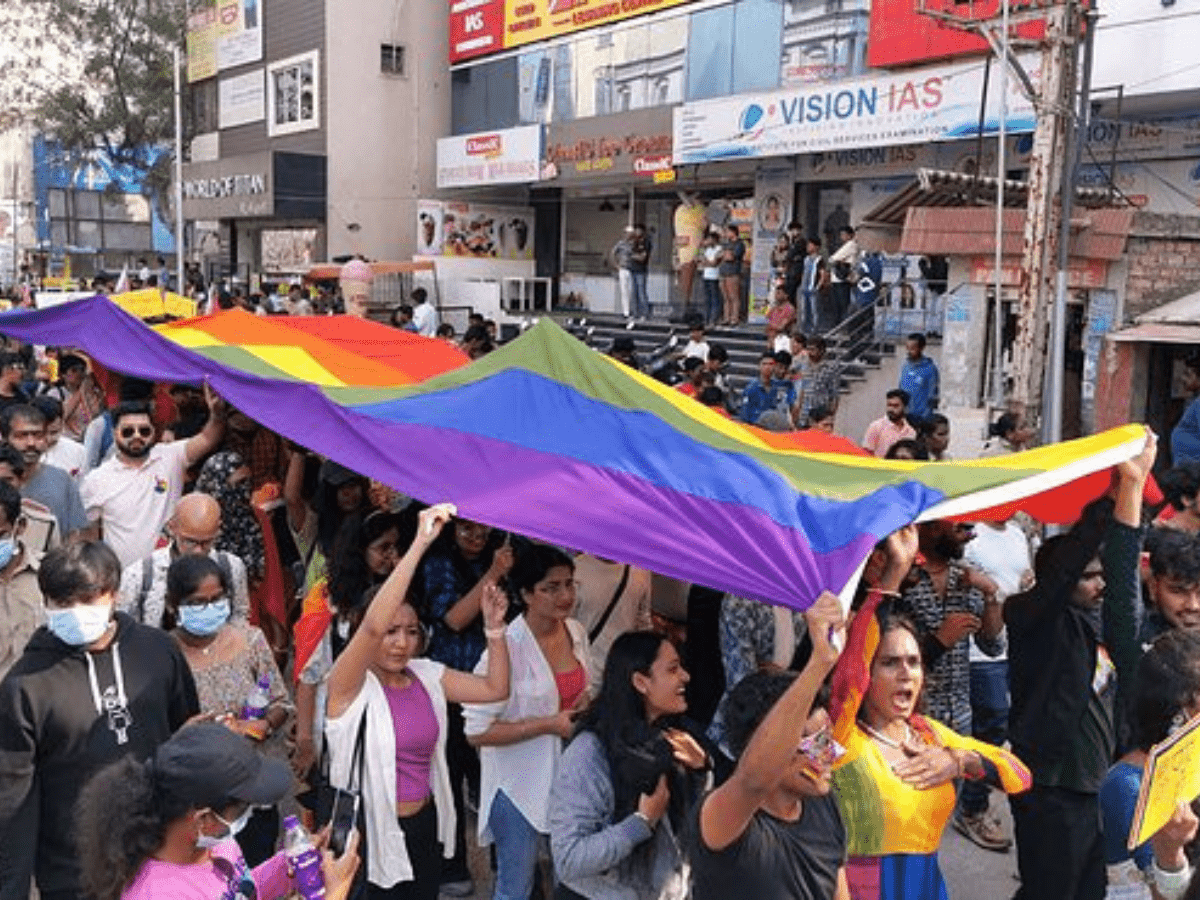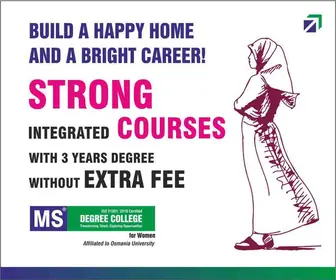
New Delhi: The Bar Council of India (BCI) on Sunday in its joint meetings with State Bar Councils showed great anxiety and serious concern over a batch of petitions presently examined by the Constitution Bench of Supreme Court pertaining to ‘marriage equality rights for LGBTQAI+ community’.
Bar Council of India Resolution said the Joint meeting is of the unanimous opinion that in view of the sensitivity of the issue of same-sex marriage, having a spectrum of stakeholders from the diverse socio-religious background, it is advisable that this is dealt with after an elaborative consultation process involving different social, religious groups by the competent legislature.
“Considering the socio-religious structure of the country, we thought it (same-sex marriage) is against our culture. Such decisions would not be taken by courts. Such moves must come from the process of legislation,” Bar Council of India chairman Advocate Manan Kumar Mishra told ANI.
The Resolution said as per documented history, ever since the inception of human civilization and culture, marriage has been typically accepted and categorized as a union of biological man and woman for the twin purpose of procreation and recreation. In such background, it would be catastrophic to overhaul something as fundamental as the conception of marriage by any Law Court, howsoever well-intentioned it may be.
According to BCI, more than 99.9 per cent of people in the country are opposed to “the idea of same-sex marriage”. The vast majority believes that any decision of the Apex Court in the petitioners’ favour on this issue will be treated to be against the culture and socio-religious structure of our country, the Resolution stated.
It further said Bar is the mouthpiece of the common men and, therefore, this meeting is expressing their anxiety over this highly sensitive issue. “The Joint Meeting is of the clear opinion that if the Supreme Court shows any indulgence in this matter, it will result in destabilizing the social structure of our country in the coming days. The Apex Court is requested and expected to appreciate and respect the sentiments and mandate of the mass of the country,” Bar Council Resolution said.
There is no gainsaying that the issue at hand is highly-sensitive, commented upon and criticized by various sections of society, including socio-religious groups, for being a social experiment, engineered by a selected few. This, in addition to it, being socially and morally compunctive.
The responsibility of lawmaking has been entrusted to the legislature under our Constitution. Certainly, the laws made by the legislature are truly democratic as they are made after undergoing thorough consultative processes and reflect the views of all sections of society. The legislature is accountable to the public, said BCI Resolution.
The Joint Meeting of the State Bar Councils and the Bar Council of India while appreciating the step of the Supreme Court for starting this sensitive conversation having long-term societal ramifications, resolved to request the Apex Court that the issue at hand be left for the legislative consideration, who after the wide-ranging consultative process, may arrive at an appropriate decision, as per the societal conscience and mandate of the people of our country.
The Constitution Bench comprising the Chief Justice, Justice Sanjay Kishan Kaul, Justice Ravindra Bhat, Justice Hima Kohli and Justice PS Narasimha is dealing with a batch of petitions pertaining to ‘marriage equality rights for the LGBTQI+ community’.
The Constitution Bench started hearing the petitions on April 18.
Various petitions are being dealt with by Supreme Court seeking legal recognition of same-sex marriage. The Centre has opposed the petitions. One of the petitions earlier raised the absence of a legal framework which allowed members of the LGBTQ+ community to marry any person of their choice.
According to the petition, the couple sought to enforce the fundamental rights of LGBTQ+ individuals to marry any person of their choice and said that “The exercise of which ought to be insulated from the disdain of legislative and popular majorities”.
The petitioners, further, asserted their fundamental right to marry each other and prayed for appropriate directions from this Court allowing and enabling them to do so.

